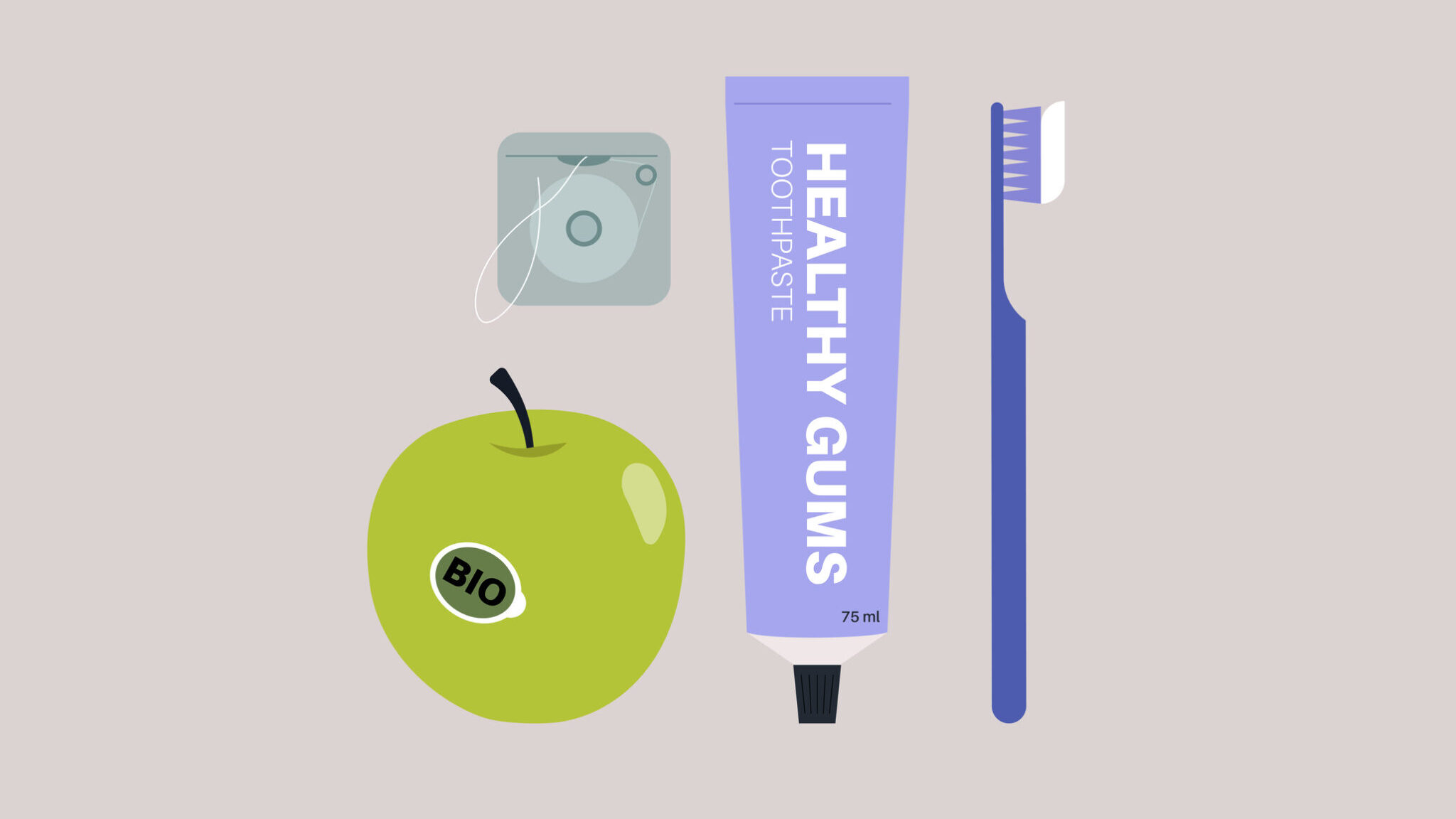
The term “discount” makes me extremely uncomfortable especially when it is used in dentistry. Many dentists will explain that they give discounts to patients who pay in advance or to senior citizens. Giving senior citizens a “professional courtesy” is a nice thing to do, especially when seniors are, in many cases, living on fixed incomes and certainly in need of dental care to preserve their health. However, not all senior citizens are in financial need. In many cases that is a prejudgement on our part and we just give a “senior’s discount” automatically because we assume they need it without asking. The truth is that seniors hold 77% of wealth in the Canadian economy and they have two important things going for them, money and time.
Here are some reasons that you should never discount your fees.
1. You are not providing discount dentistry. It is important that your patients understand the value of the treatment that they receive at your office and they are not coming to your office just because you are cheaper. Do you use dental materials that have been discounted in price? Of course not. You provide high quality services and adhere to professional standards. The emphasis needs to be on the value of your services and not just cost, otherwise your patients will always think of cost first when they consider dental services.
2. Patients often think that if you can discount your fees, that perhaps you were overcharging in the first place. This is a key point. Many patients feel that dental fees are high to begin with. If you can provide a discount, that just proves to them that you have always charged too much and you cannot convince them otherwise. Once you start providing discounts, you must continue regardless of the cost to you and your practice. According to ethical practice standards, if you offer a “discounted” fee whether or not you advertise it – you must charge the same fee every patient
Consider this scenario from a practical perspective: The average dental practice operates at 60% – 65% overhead operating expenses. If you collect 100% of your billings at the time of service, then you are earning 35% of your billings before taxes. Dentists are taxed on their gross billings, less deductible expenses.
Billings 100% – 65% (overhead) = 35% pre-taxed revenue from fees collected
If you collect 90% of what you billed at the time of service (meaning your accounts receivable is only 10%), you have actually earned 25% (pre-taxed dollars) of what you billed
– 35% revenue – 10% (based on collecting 90% of what you billed) = 25%
• If you discount your fees, even by 10% then you will be earning 15% of what you bill
– 25% – 10% = 15%
If you still insist on providing discounts, even after considering how much it could cost your practice, here are some guidelines to follow:
• Never use the term “discount” when referring to patient fees. Call it a professional courtesy. Charge the entire amount of the billing (because you are taxed on your billings) and then apply the “professional courtesy” as a credit adjustment. Show it on the walk-out statement and explain to the patient that you are extending a professional courtesy to them and tell them why. Remember, that once you start doing that, your patient will expect it every time.
• If your patient has dental insurance and you have decided to extend a professional courtesy, you must submit the reduced fee to the insurance company. If not, it may be viewed by the insurance company as you are waiving the co-payment, which is illegal. If a patient has dental insurance, that in itself is a benefit to the patient so there is no need to provide a reduction in your professional fee.
Dentistry is a relationship business. Your fees should be fair and consistent for all of your patients and not just a select few. Each patient has a different set of financial circumstances. Never prejudge your patient’s ability and willingness to follow through with treatment recommendations and pay for your services. When you prejudge your patient’s willingness and ability to accept treatment recommendations, you are making the decision for them – consciously or subconsciously. Empower your patients to make informed decisions and make it easy to follow through with treatment by providing various options for payment.
Overcoming barriers to communication is a challenging process, but it is very rewarding and mutually beneficial to both the patient and the dental provider. The patient receives the treatment that they need and the dental provider enjoys a good productive day without having to compromise the financial health of your practice.












